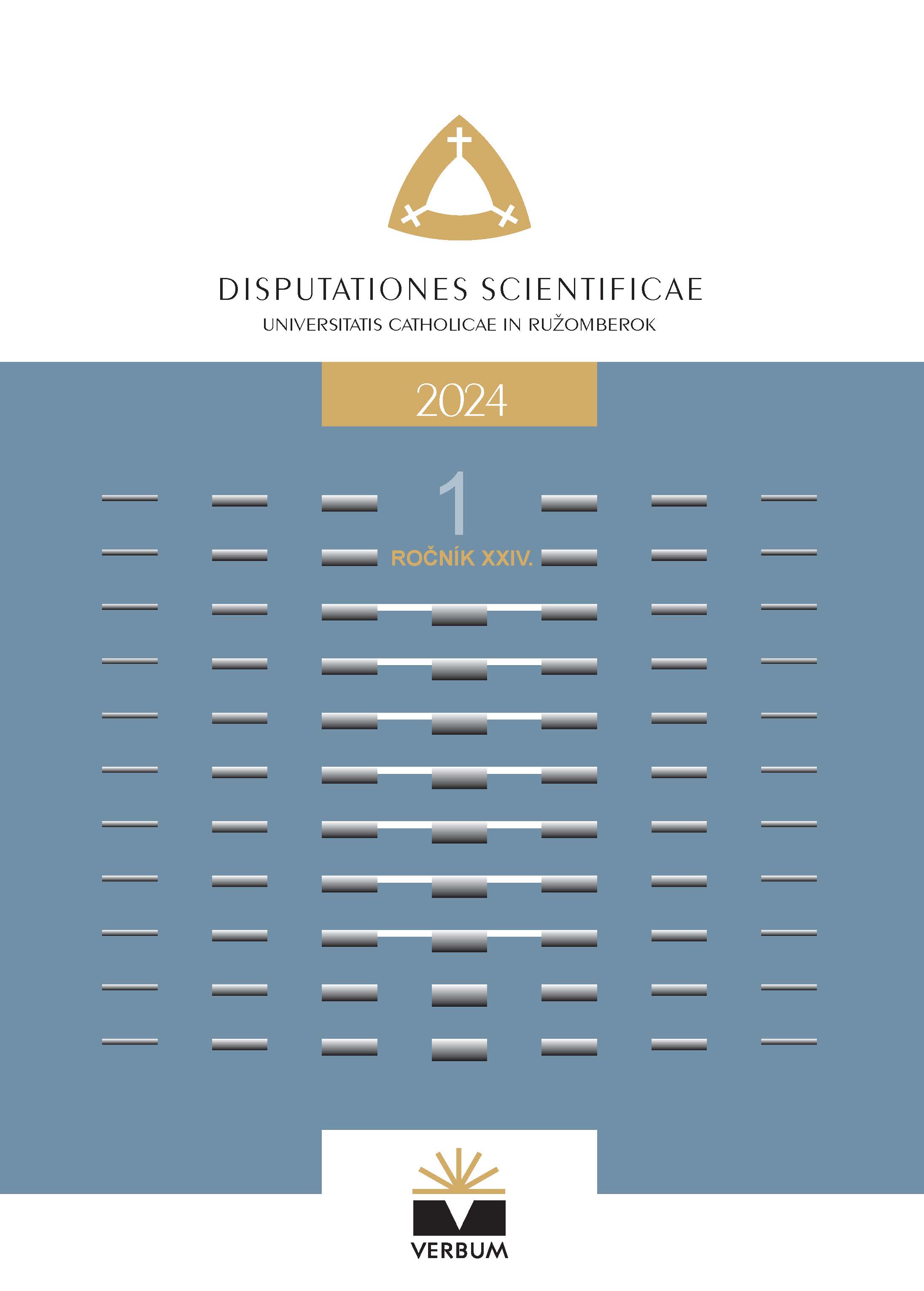K problému náboženskej znášanlivosti
On the Problem of Religious Tolerance
Author(s): Jozef Králik, Kristína KrálikováSubject(s): Christian Theology and Religion, Education, History of Church(es), Theology and Religion, Sociology of Religion, Psychology of Religion
Published by: VERBUM - vydavateľstvo Katolíckej univerzity v Ružomberku
Keywords: Church; Religious society; Ecumenism; Religious intolerance; Upbringing; Education
Summary/Abstract: Churches and religious societies, despite the suppression of their importance, mission and results of their pastoral and educational activities in Slovak society since the second half of the 20th century and their temporary radical revival after 1990, are in the currently ideologically enforced corporate-liberal social environment again subject to recognition, condemnation and suppression. It also applies to their representatives, their believers, their membership base. It is obvious that, on the basis of the ecumenical program born during the Second Vatican Council, even in Slovak society, the dominant Roman Catholic Church has clearly stepped out of its historical socio-paternalistic attitudes. The current policy of the Slovak particular Roman Catholic Church leads all its members and adherents to religious tolerance. Despite this, manifestations of religious tolerance in the current secularizing Slovak national community are accepted by a certain part of the so-called modernist population with a considerable amount of animosity. This opens up a vast and fragmented political space for the Slovak state authorities to regulate and eliminate the currently more aggressive manifestations of the currently living intolerance. Especially radically directed against the views of the "backward", so-called the worldview of the archaic, i.e. religiously oriented, majority of the Slovak population. The task of the current state power becomes the reduction of anti-religious and anti-church activities, rooted in and based on a destructive ideological and ideological platform that negatively affects the value orientation of the emerging West European so-called liberal-modernist generation.
Journal: Disputationes Scientificae Universitatis Catholicae in Ružomberok
- Issue Year: XXIV/2024
- Issue No: 1
- Page Range: 71-79
- Page Count: 9
- Language: Slovak

